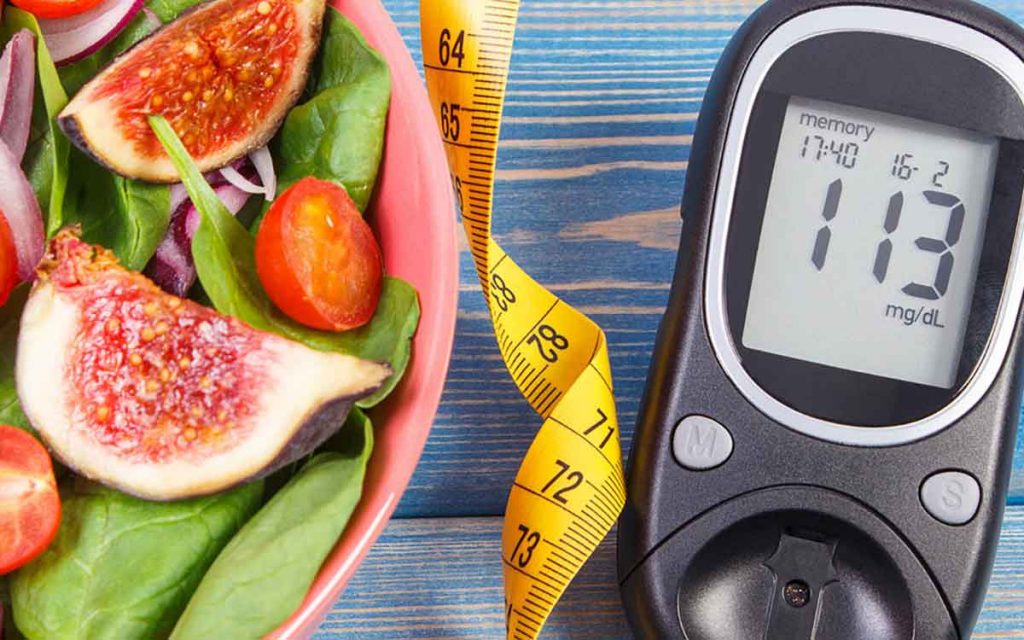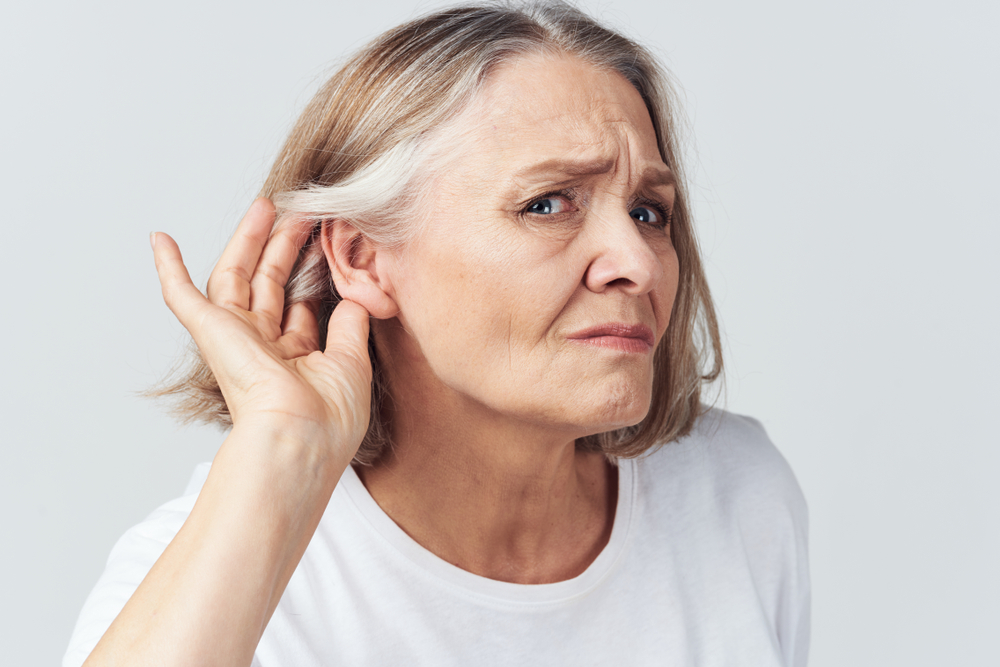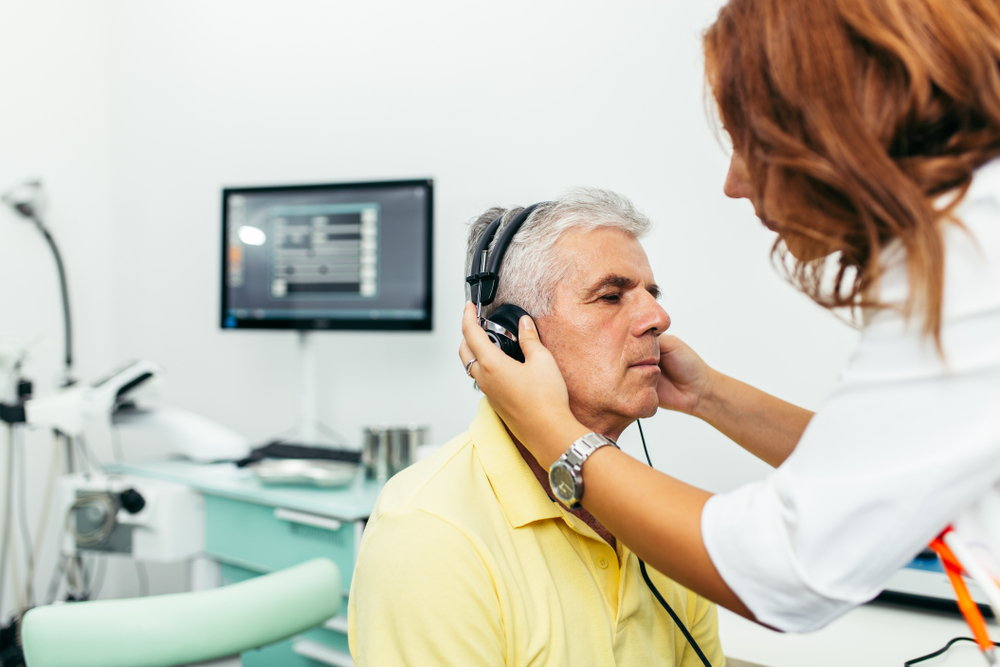If you are living with diabetes, you know how important it is to take extra measures to protect your health, but you also need to protect your hearing. You already know how unchecked blood sugar can wreak havoc on your body. Hearing is no exception.
If you have diabetes, you’re twice as likely to develop hearing loss. Unfortunately, this increased risk begins before a person is even diagnosed with diabetes. Pre-diabetic individuals with elevated blood sugar below diabetic levels are 30% more likely to develop hearing loss.
That’s enough to make us take notice. The following seven tips will help you protect your hearing.
1. Why hearing damage is different
If your glucose levels skyrocket by you indulging in too many sweet treats, you know you’re doing damage to several organs – from the pancreas to your kidneys, from blood vessels to your eyes.
If you get your glucose levels under control quickly, those parts of your body can heal. As long as you’re not letting things get out of control too often, you can maintain your overall health. But you also need to protect your hearing
Hearing is different. The delicate inner ear has tiny hair-like nerves that pick up sound. Certain lifestyle and environmental factors cause them to become damaged and die as we age. If the nerves die, they have no way to heal or replace themselves.
That’s why most hearing loss is permanent.
Keeping a tight rein on your blood sugar is essential to maintaining your healthy hearing.
2. One more reason to exercise to protect your hearing
As a diabetic, you know the importance of exercise in managing blood sugar on a daily basis. Regular exercise helps you use more sugar so it doesn’t remain in your bloodstream.
Researchers can’t definitively say how diabetes is related to hearing loss, but it probably has to do with damage to blood vessels in the inner ears.
In some parts of your body, you have redundancies in your blood supply. If a blood vessel becomes damaged, other vessels can pick up the slack until that vessel repairs itself. The inner ear, unfortunately, does not have a backup system. If your inner ear’s blood supply is cut off, even temporarily, cell death will occur.
Exercising helps manage blood glucose levels and strengthens the circulatory system in general, reducing your chances of circulation issues that harm vital organs.
3. Avoid smoking
There are certain activities that enhance the damaging effects of elevated blood sugar levels. Smoking is one of the worst. Consider quitting if you’re currently a smoker.
4. Limit your exposure to loud noise
We should all limit our noise exposure to prevent hearing loss. Repeated exposure to loud noise damages and kills nerve cells. If you have diabetes, as well as a noisy workplace or lifestyle, you’re further increasing your risk of hearing loss.
The following are examples of how you can limit your exposure to loud noises and protect your hearing:
- Get a sound meter app to determine how loud your environment is. Anything higher than 85 decibels will ultimately cause damage.
- Wear earplugs or earmuffs when you are exposed to loud noises, such as shooting ranges, clearing the yard with a blower, mowing the lawn, or riding a motorcycle.
- Ask to be moved away from the loudest areas of your workplace when not wearing ear protection.
- Limit headphone volume to no more than 60% of the maximum. Never try to drown out loud sounds with your headphones. Wear noise-canceling headphones instead.
- If you own a motorcycle, tractor, or snowmobile, consider a noise-reducing muffler to protect your hearing. You can lower the sound without impacting the engine operation.
5. Manage your stress and blood pressure
Stress can wreak havoc on the body. If you have diabetes and high blood pressure, you could be doing double damage. Keep your blood pressure under control by working with your doctor and making lifestyle changes to better manage stress.
6. Avoid painkillers as a long-term solution
Long-term, frequent use of over-the-counter painkillers like aspirin, ibuprofen, and naproxen have been linked to an increased risk of hearing loss. Prescription opiates used to treat pain may also increase this risk when taken on an ongoing basis.
As a diabetic person, your risks are automatically higher. So, reducing risk wherever you can is important.
When possible, seek natural alternatives to protect your hearing like avoiding foods that cause inflammation and eating foods that reduce inflammation. Regular exercise is important, as well.
Always talk to your doctor before changing your medication, diet, or exercise regimen.
7. Get a hearing test
If you’re diabetic, you should schedule a hearing test with a hearing specialist as soon as possible. Speaking with a hearing specialist will allow you to find out where you stand so you can better protect your hearing.



